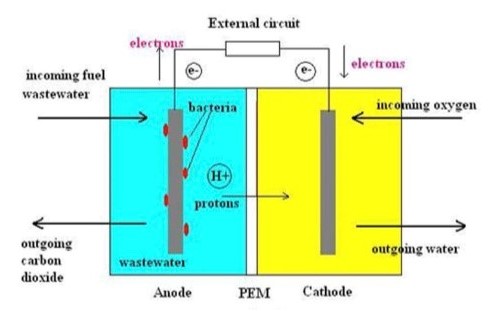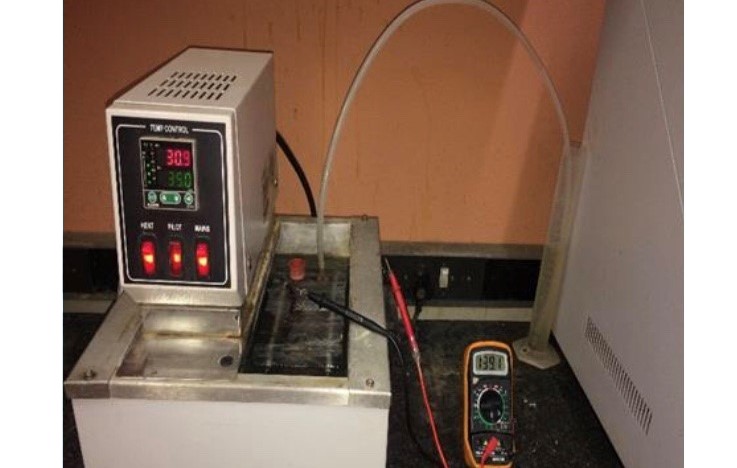EL MAT Sustainable Solutions
The South African start-up EL MAT SUSTAINABLE SOLUTIONS has developed an innovative microbial fuel cell (MFC) solution with a triple output: it produces electricity, purified water and fertilizers from wastewater. Their innovative plug-and-play on-site device treats wastewater and reduces stress on the grid while providing a de-centralized electricity supply in urban and rural settings. For these reasons, EL MAT Sustainable Solutions was chosen as a finalist of the ISC3 Innovation Challenge 2022, as well as the ISC3 Start-up of the month for February 2023.
Year of Foundation:
2015
Addresses the following SDGs:
SDG 1 (no poverty), SDG 2 (zero hunger), SDG 5 (gender equality), SDG 6 (clean water and sanitation), SDG 7 (affordable and clean energy), SDG 11 (sustainable cities and communities)




